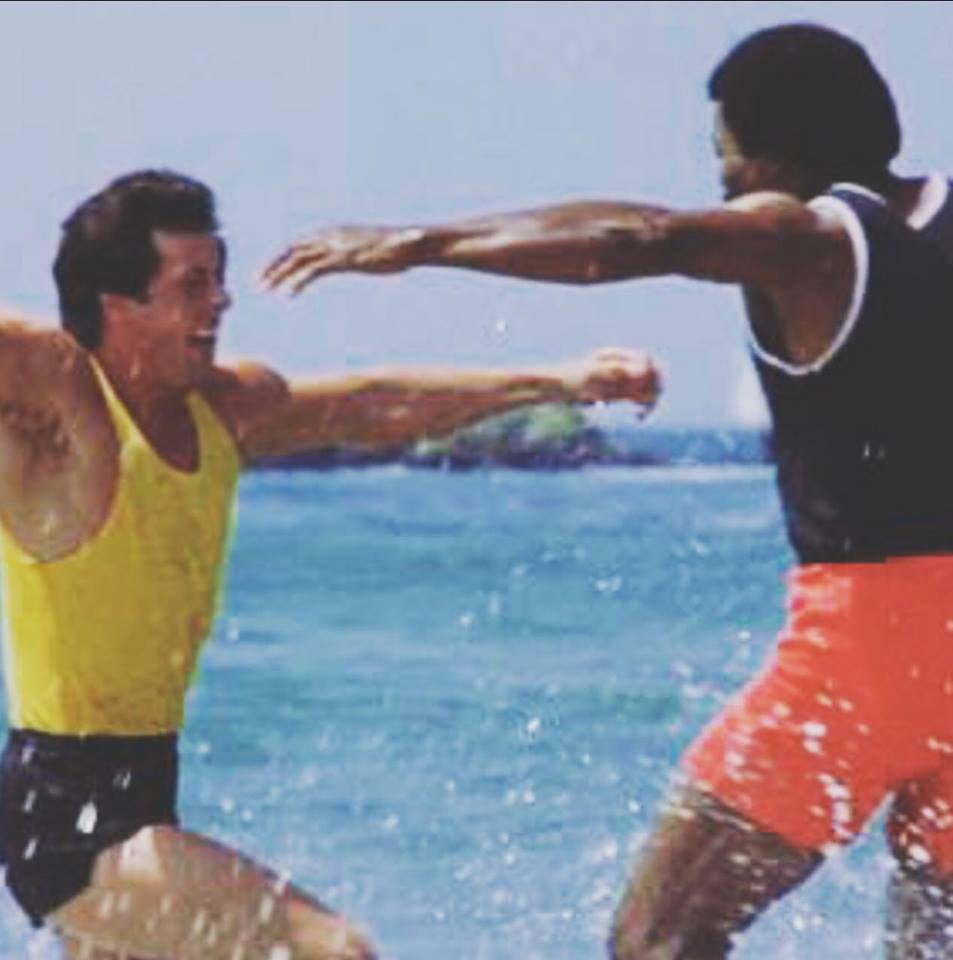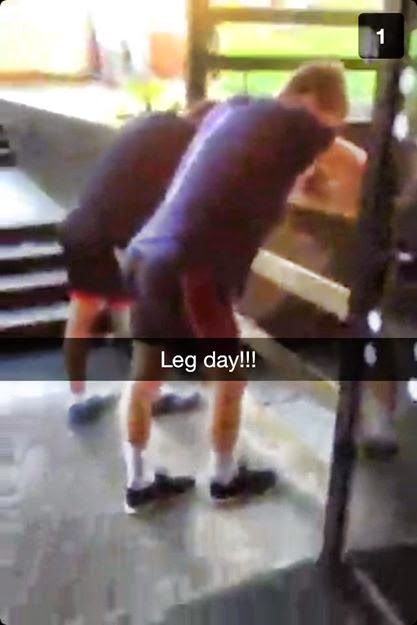Can You Really Practice What You Preach?

“Practice what you preach” and “Don’t expect someone to do something it if you can’t” are two well known sayings that have captured my thoughts lately.
I believe that coaches should train, be in shape and be a good role model, but are we expected to do what our athletes do? Especially working in a hard sport such as boxing.
In this article, I will share my opinions of the advantages and limitations in trying to keep up with your athletes.
Build Knowledge Through Experience
As a strength and conditioning coach, its essential that you train. Of course, you need more brain than brawn, your muscles aren’t going to write a scientific journal article or structure a periodised program appropriately.
However, you need to know what certain exercises feels like and to push yourself to the limits. I’m not saying you need to be live up to the ripped up, ultra strong stereotype a strength coach / personal trainer carries.
In my own personal opinion, you can learn so much more from the experiences you gain from internships than some of your university studies. You can be the most knowledgeable scientist in the world, but that would be worth little if you don’t know how to apply it.
The more you train, the more training tips and cues you have in your locker for more effective training sessions and programs.
The same rules should apply to your approach to training. How can you prescribe training exercises or methods if you don’t know how it feels yourself? You need to know how it feels to be under a heavy load, push yourself to the limits, and to know how it feels the next day.
A good example: When I have had a break from training, or not feeling great going into the session, I’ve found that speed lifts (e.g. squats, deadlifts) are a great way to get yourself fired up and get a good training effect. If you go too heavy or train too much, you are likely to be disappointed in your session, shocking your body under a lot of strain that can effect muscle soreness and your ability to train effectively for the next few days (re-building training frequency is critical).
“You will never be as fit as your athletes”
This is a quote from a coach that presented on one of the first strength and conditioning workshops I attended, and it has left me pondering ever since.
On the flipside, a boxing coach recently said that they did everything their boxer did.
As a typical critic, I disagree with both.
I believe you can be as strong or stronger than your athlete in the weight room, especially working in sports that do not have a weight training history (like boxing). As a strength and conditioning coach, this is your bread and butter so you should be leading the way.
However, I feel that conditioning is a very different matter, especially in Boxing. The levels of conditioning that I push the boxers through is quite astonishing. I don’t think many athletes would repeatedly achieve the intensities that these boxers perform in their conditioning.
My role is to make them the fittest athlete they can be, can I really expect myself to do that? Or train them to a level that I can achieve? This is world class conditioning for the world’s hardest sport, which their opponents will struggle to compete with, never mind me!
Strengthen Your Relationship

I believe that joining in sessions with your athlete is an important coaching method to build up a stronger relationship and earn respect. Training with an athlete can start to break down the professional wall between the coach-athlete relationship as you are working together instead of the athlete working for you. You develop a closer bond, as well pushing you a bit harder… training with my athletes makes me want to push myself further and show off my training ability.
Also, showing them that you can do it will increase their belief in your coaching program. If you can do it, you can lead the path for your athletes to follow.
Do not neglect your coaching
Multi-tasking means that you will not be able to 100% concentrate on one particular aspect as multiple tasks require your attention. In this case, you training with your athletes may take away from your coaching quality and time given to the athlete.
If you train with your athlete all the time or at critical times, you will be effecting their coaching experience. Imagine trying to coach if you are feeling the pain like in the picture below.
Also, the athletes that I work with spend over 20 hours a week in the gym. That time spent, a long with the fatigue from the sessions, will surely effect your coaching abilities. Training too much can affect the balance of the multiple tasks a coach has to do.

Summary
Although it may seem, I promise that I am not sitting on the fence on this topic. Like all training methods, there are no right or wrong answers, it all depends on coaching style, philosophies and the situation for the athlete.
I believe coaches should train to be a role model for athletes and build their knowledge through experience, however training like an athlete is very hard to replicate. The dedication they show to training, nutrition and recovery we spend reading, writing, structuring programs and coaching.
My final piece of advice is to train within your limits at the right time, don’t go beyond expectations and take away from your coaching.
